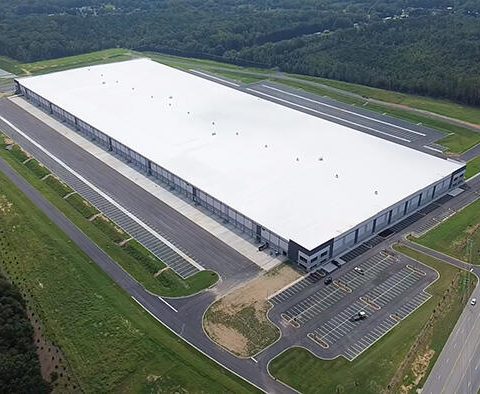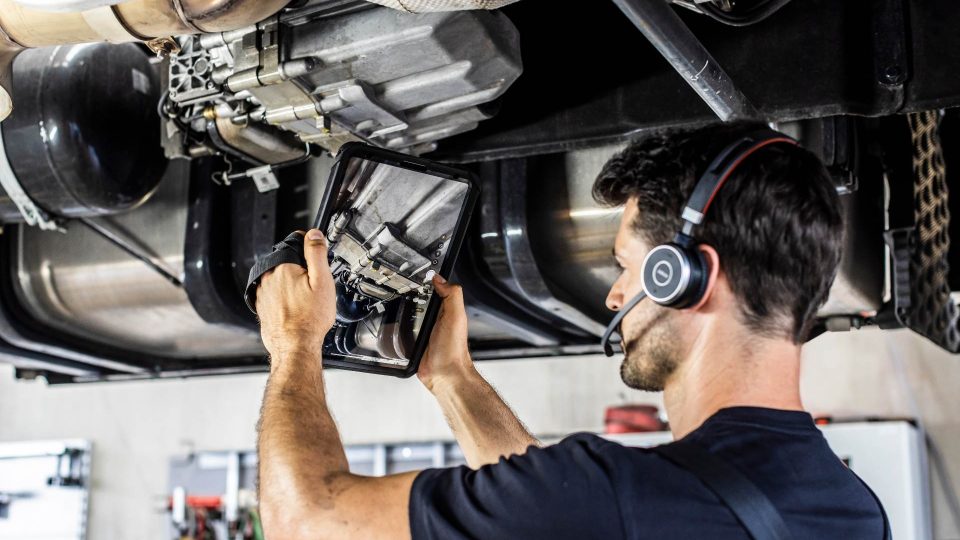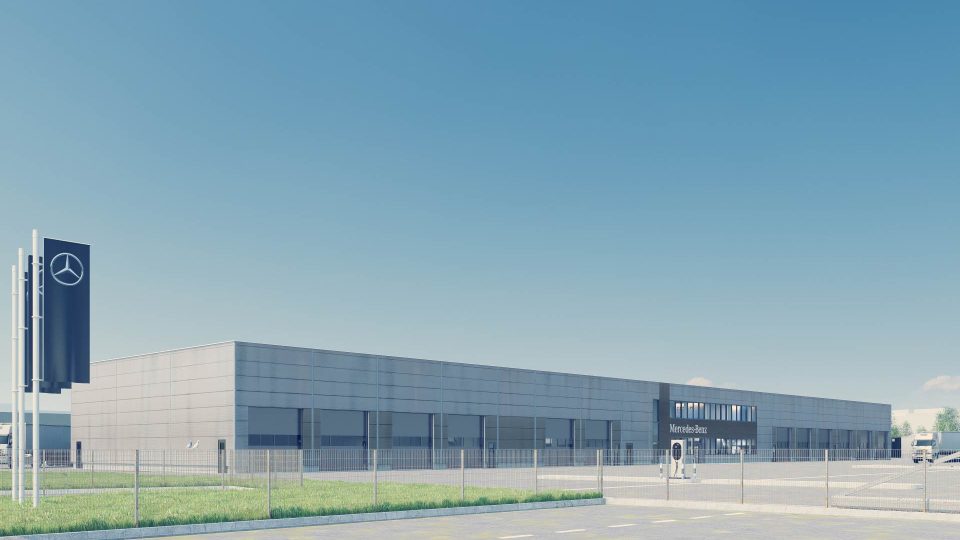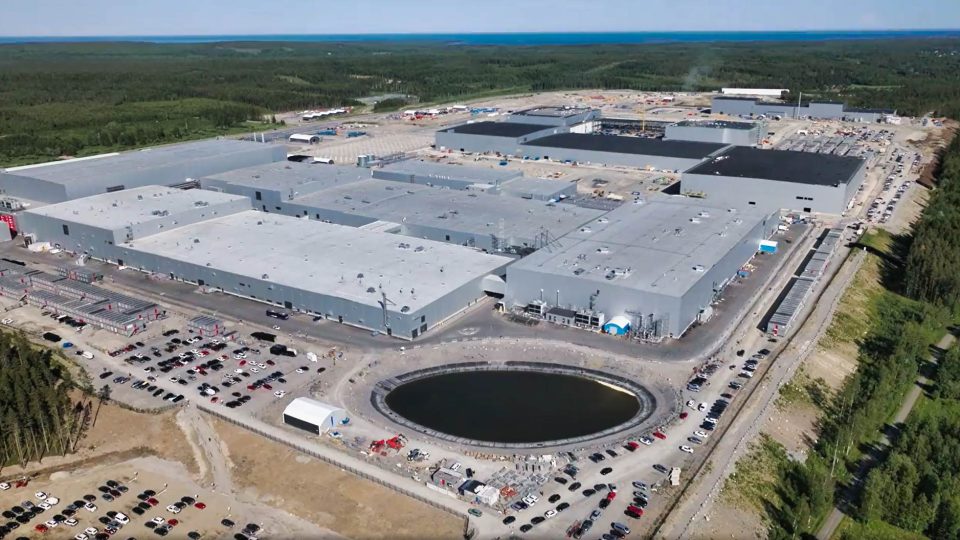Isuzu plans new commercial vehicle production facility in South Carolina
According to Isuzu, the new production plant is expected to employ more than 700 people, with an annual production capacity of approximately 50,000 vehicles by 2030. The Japanese company's will is to produce both electric commercial vehicles and ICE commercial vehicles at the premises to be opened in South Carolina.

Isuzu Motors will establish a new production facility in South Carolina, USA, to strengthen its vehicle supply capability in anticipation of the electrification of commercial vehicles in North America. The total investment will be approximately US$280 million and the new facility is slated to be operational in 2027.
According to Isuzu, the new production plant is expected to employ more than 700 people, with an annual production capacity of approximately 50,000 vehicles by 2030. The Japanese company’s will is to produce both electric commercial vehicles and ICE commercial vehicles at the premises to be opened in South Carolina.
Isuzu: the main features of the facility in South Carolina
In terms of production automation, the facility will be the first in the Isuzu Group to use a production line without conveyors or pits, realizing a highly-advanced line that maximizes flexibility and scalability. To establish a quality assurance system for all processes, the facility will automate inspections to eliminate operational errors, ensure traceability of parts, and introduce image inspections and other methods to prevent any outflow of defective products.

















